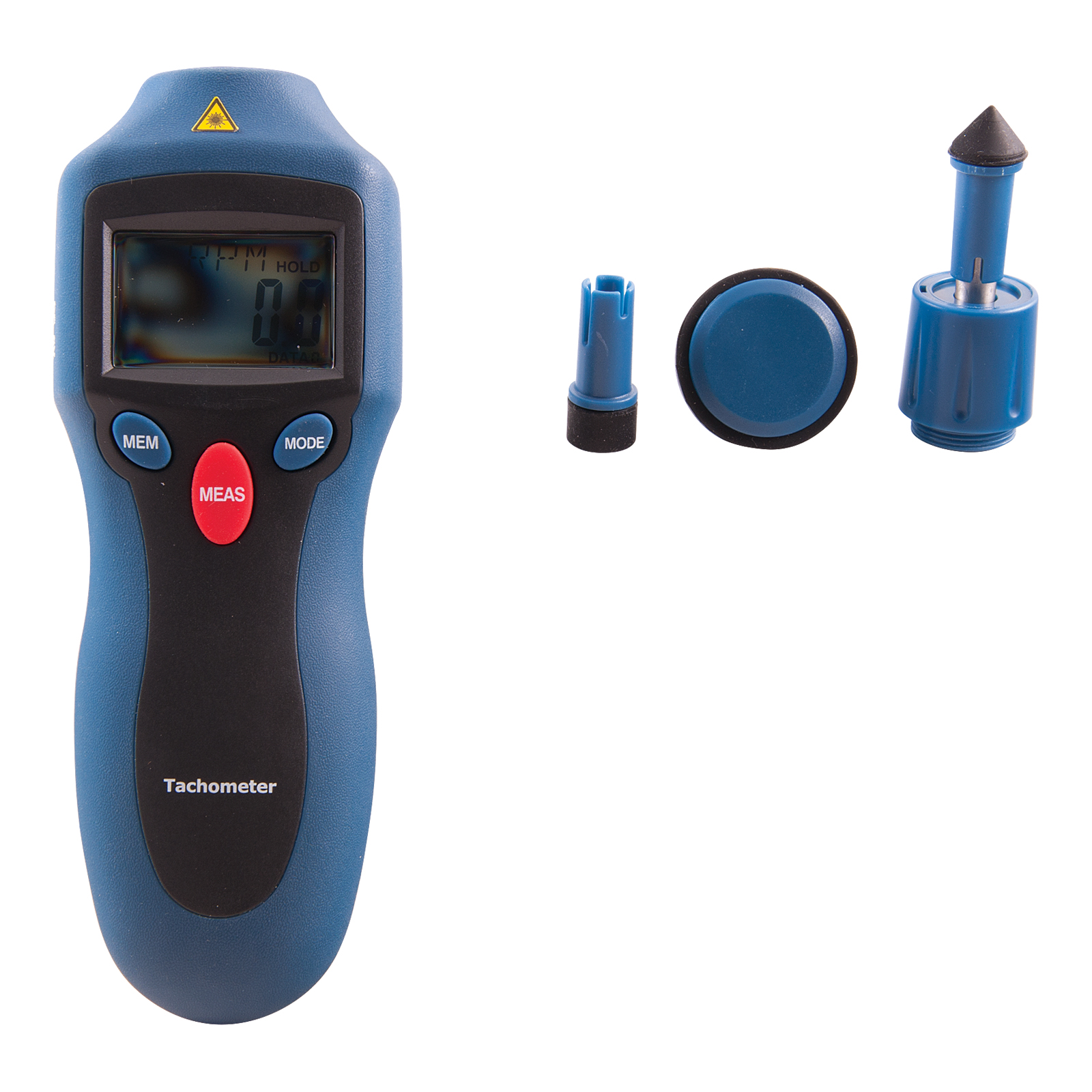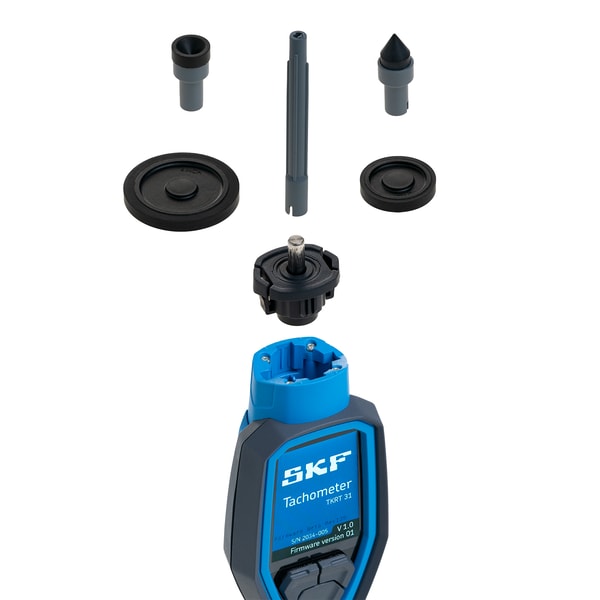Just How a Tachometer Helps Screen Engine Health and Efficiency
Just How a Tachometer Helps Screen Engine Health and Efficiency
Blog Article
Key Reasons Why Having a Tachometer Is Crucial for Keeping Engine Health And Wellness and Efficiency
In the realm of automobile upkeep, the value of a tachometer can not be overemphasized - tachometer. This humble yet crucial instrument plays a pivotal function in the maintenance of an engine's health and performance. By offering real-time data on engine speed and RPM degrees, a tachometer supplies vital understandings that directly affect the performance and long life of the engine. From preventing over-revving to maximizing gas intake, the applications of a tachometer are diverse and crucial for any automobile owner or enthusiast. So, why is this relatively straightforward gadget so essential? Allow's explore the key factors behind its pivotal role in maintaining engine health and performance.
Avoiding Engine Over-Revving

To safeguard the engine from possible damages, it is essential to implement procedures that protect against over-revving, a practice that can cause pricey repairs and decreased engine life expectancy. Over-revving happens when the engine's rotational speed exceeds the maximum restriction set by the maker, creating unnecessary tension on inner components such as pistons, valves, and attaching poles. This too much stress can result in mechanical failures, including curved shutoffs, damaged pistons, and also disastrous engine failure.
One reliable procedure to avoid over-revving is the installation of a rev limiter. A rev limiter is a tool that controls the maximum RPM (changes per minute) of the engine by either removing gas flow or trigger to the engine when the pre-set restriction is reached. Furthermore, informing chauffeurs and operators on the significance of monitoring engine RPM through the tachometer can help avoid unexpected over-revving. Normal maintenance checks to make certain the engine is in ideal problem can also assist in avoiding over-revving events and extending the engine's life-span. By embracing these preventative actions, the threat of engine damages as a result of over-revving can be substantially lowered.
Optimizing Fuel Consumption
Reliable gas intake plays a crucial function in optimizing the performance and sustainability of an engine. tachometer. Enhancing fuel consumption not just helps in decreasing functional expenses yet additionally minimizes the ecological effect of car emissions. By utilizing a tachometer to keep track of engine speed and change driving practices appropriately, chauffeurs can achieve much better gas effectiveness
Preserving a consistent pace and preventing unexpected accelerations and decelerations can dramatically enhance fuel economy. In addition, correct equipment option based upon the tachometer readings guarantees that the engine runs within its optimum array, leading to a lot more effective fuel burning.
Frequently keeping an eye on the tachometer can also help recognize any inadequacies or mechanical issues that may be impacting gas consumption. For example, an unexpected increase in fuel usage without a corresponding modification in driving habits could show a problem that needs attention.
Tracking Engine Health And Wellness
Keeping track of engine wellness is vital for making sure optimal efficiency and long life of the automobile. By utilizing a tachometer to i was reading this keep an eye on engine speed, chauffeurs can discover abnormalities that may show prospective issues with the engine. A tachometer provides real-time data on engine revolutions per min (RPM), permitting this website drivers to identify any unusual spikes or decrease in RPM that can signify problems such as misfires, worn-out elements, or engine overheating.

Regularly keeping an eye on engine health through the usage of a tachometer enables drivers to deal with concerns promptly before they rise and trigger considerable damage. Detecting a decline in RPM could show fuel delivery troubles or a stopped up air filter, while an abrupt rise in RPM may direct to problems with the transmission or exhaust system. By remaining vigilant and receptive to changes in engine efficiency, motorists can prevent expensive fixings and make sure the general wellness and effectiveness of their automobile.
Expanding Engine Lifespan
Making certain the durability of an engine requires attentive maintenance methods and alert surveillance of vital efficiency indications. Expanding an engine's life-span is crucial for decreasing total lorry upkeep costs and avoiding unexpected malfunctions. A tachometer plays a considerable role in this aspect by offering real-time data on engine speed, allowing motorists and mechanics to make enlightened decisions to protect against excessive damage.

In addition, normal upkeep based upon tachometer readings, such as prompt oil changes and trigger plug substitutes, can significantly contribute to prolonging the engine's long life. Overall, integrating a tachometer right into routine engine surveillance practices is necessary for maintaining the engine's wellness and performance over the long-term.
Conserving Money on Repairs
A tachometer helps in checking the engine's RPM (revolutions per minute), allowing drivers to run within the recommended array. By remaining within these optimum RPM degrees, too much strain on the engine can be prevented, minimizing the likelihood of costly repair work due to straining the engine.
In addition, by making use of the data from a tachometer to exercise smooth acceleration and slowdown, drivers can lengthen the lifespan of their lorry's parts, eventually conserving money on upkeep and substitutes. In general, the insights offered by redirected here a tachometer encourage motorists to make educated choices that can avoid unnecessary deterioration on the engine, causing substantial price savings in the long run.
Conclusion
To conclude, a tachometer plays an important function in maintaining engine health and effectiveness by stopping over-revving, enhancing gas consumption, keeping track of engine wellness, extending engine life expectancy, and conserving money on fixings. It is a necessary device for ensuring that the engine operates within safe limits and executes at its best, inevitably adding to the long life and general efficiency of the automobile.
Report this page